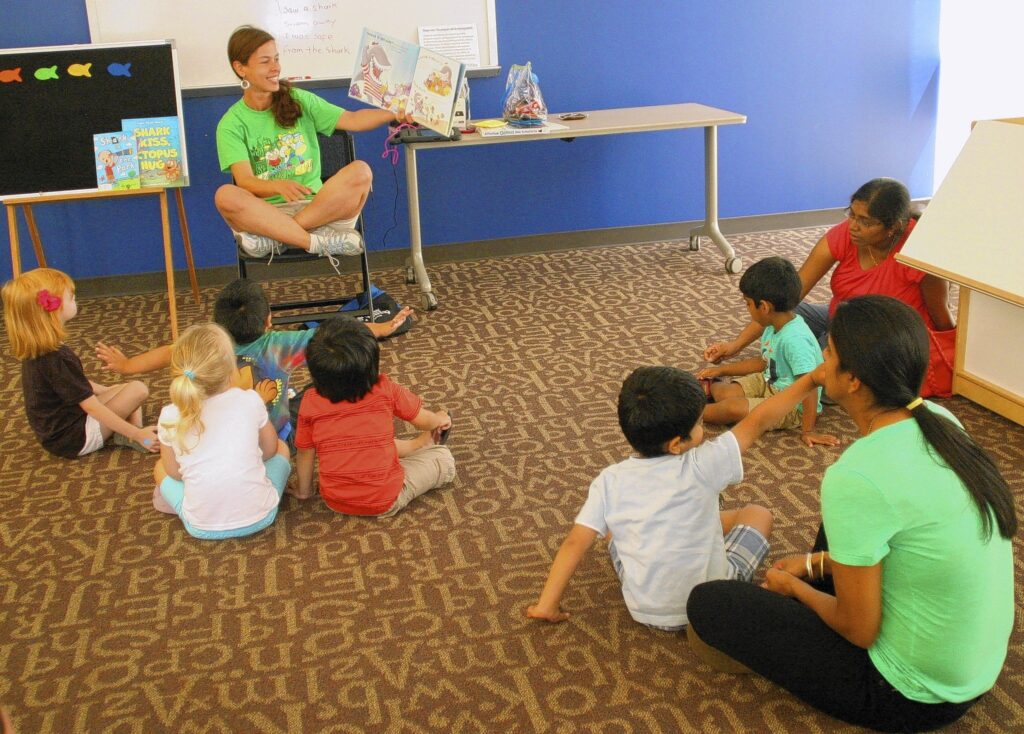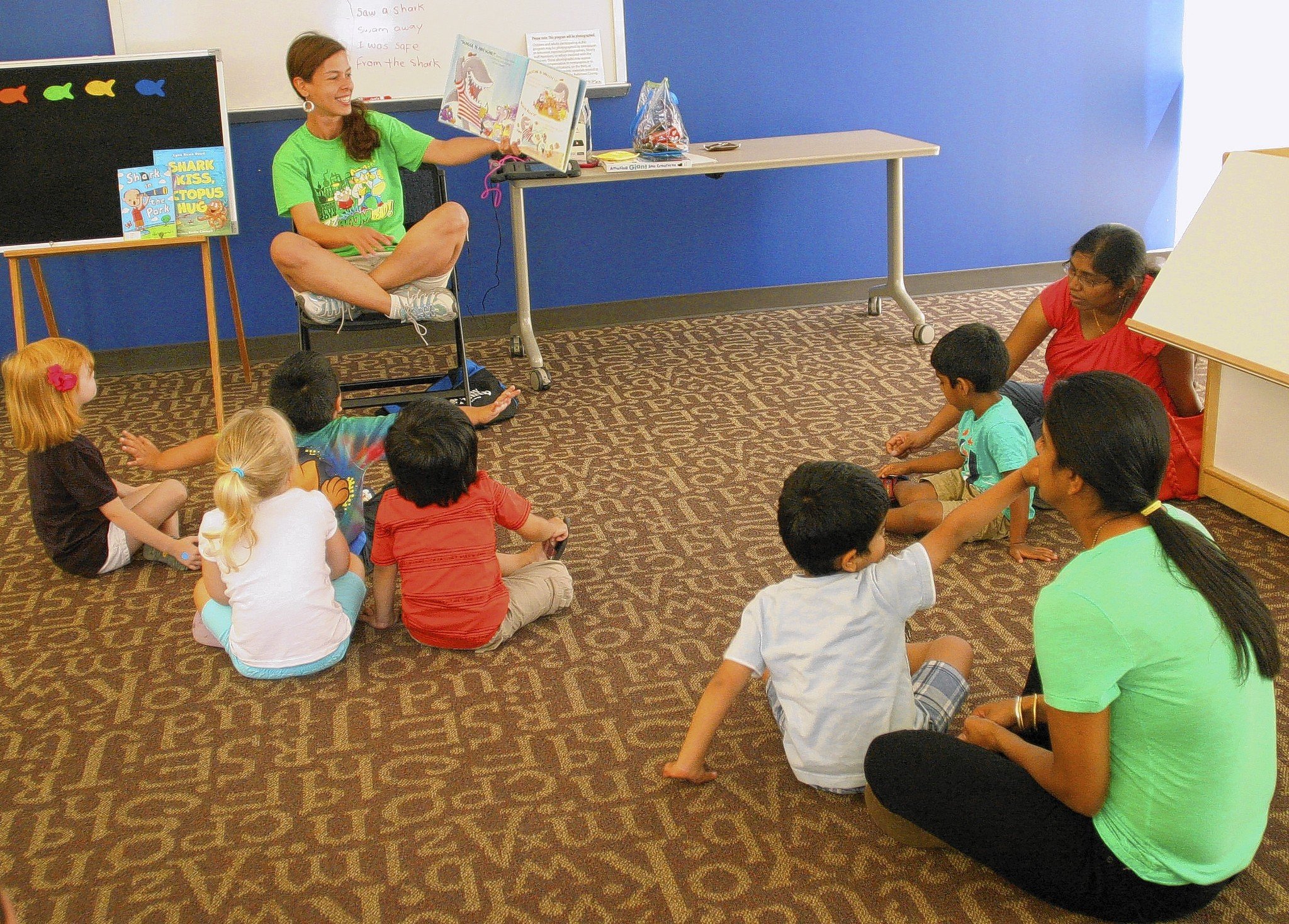
Essential Things to Teach 4-Year-Olds: A Comprehensive Guide
The age of four marks a significant milestone in a child’s development. As they transition from toddlerhood to pre-kindergarten, 4-year-olds are brimming with curiosity, energy, and a burgeoning capacity for learning. This is a crucial period to instill fundamental skills and knowledge that will serve as a strong foundation for their future academic and social success. Understanding what things to teach 4-year-olds is paramount for parents, educators, and caregivers alike. This guide will explore the essential areas of development and provide practical tips on how to effectively nurture a 4-year-old’s growth.
Cognitive Development: Expanding Young Minds
Cognitive development refers to the growth of a child’s ability to think, reason, and understand the world around them. At four years old, children are increasingly capable of abstract thought and problem-solving.
Number Recognition and Counting
Introducing numbers and basic counting is a fundamental cognitive skill. Start with numbers 1-10 and gradually increase the range as the child progresses. Use everyday objects, such as toys or snacks, to make learning interactive and engaging. Games like counting fingers and toes or singing number rhymes can also be effective. Teaching things to teach 4-year-olds such as basic numeracy is a crucial step in their cognitive development.
Shape and Color Identification
Help children learn to identify basic shapes like circles, squares, triangles, and rectangles. Use colorful toys, books, and flashcards to reinforce their understanding. Similarly, introduce different colors and encourage them to name objects based on their color. Activities like coloring books and sorting objects by color can be both educational and fun. These are essential things to teach 4-year-olds to enhance their understanding of the world.
Problem-Solving Skills
Encourage problem-solving by providing simple puzzles, building blocks, and construction toys. These activities help children develop spatial reasoning and critical thinking skills. Ask open-ended questions that encourage them to think creatively and find solutions to challenges. For example, “How can we build a tower that won’t fall down?” or “What happens if we mix these two colors?” Teaching things to teach 4-year-olds like problem-solving fosters independence and resilience.
Language and Literacy Development: Building Communication Skills
Language and literacy development is crucial for a child’s ability to communicate effectively and express their thoughts and ideas. Four-year-olds are typically able to speak in complete sentences and engage in conversations.
Expanding Vocabulary
Continue to expand a child’s vocabulary by introducing new words and concepts. Read aloud regularly and encourage them to ask questions about unfamiliar words. Use descriptive language when talking about objects and experiences. For instance, instead of saying “That’s a car,” say “That’s a shiny, red sports car.” This is one of the most important things to teach 4-year-olds.
Pre-Reading Skills
Develop pre-reading skills by focusing on phonological awareness, which is the ability to recognize and manipulate the sounds in spoken language. Play rhyming games, sing songs that focus on sounds, and encourage children to identify the beginning and ending sounds of words. Also, introduce letter recognition by pointing out letters in books, signs, and other everyday objects. These are crucial things to teach 4-year-olds for future literacy.
Storytelling and Narrative Skills
Encourage storytelling by asking children to recount their experiences and create their own stories. Provide prompts and props to help them get started. This helps them develop their narrative skills and learn to organize their thoughts and ideas. Reading aloud and asking questions about the story can also stimulate their imagination and creativity. Knowing that things to teach 4-year-olds include storytelling, parents can encourage imagination and creativity.
Social and Emotional Development: Nurturing Emotional Intelligence
Social and emotional development involves learning to understand and manage emotions, build relationships, and navigate social situations. At four years old, children are becoming more aware of their own emotions and the emotions of others.
Emotional Recognition and Expression
Help children learn to identify and express their emotions in a healthy way. Talk about different emotions and how they might feel in different situations. Use books, games, and role-playing activities to explore emotions. Encourage them to use words to express their feelings rather than resorting to tantrums or aggression. These things to teach 4-year-olds are essential for emotional well-being.
Social Skills and Cooperation
Teach children important social skills such as sharing, taking turns, and cooperating with others. Provide opportunities for them to interact with other children in playgroups, preschool, or organized activities. Model positive social behavior and provide guidance on how to resolve conflicts peacefully. Knowing the right things to teach 4-year-olds includes fostering positive social interactions.
Empathy and Compassion
Cultivate empathy and compassion by encouraging children to consider the feelings of others. Talk about how their actions might affect others and encourage them to show kindness and understanding. Read stories that explore themes of empathy and compassion. Teaching things to teach 4-year-olds such as empathy builds character and kindness.
Physical Development: Promoting Gross and Fine Motor Skills
Physical development involves the growth of both gross motor skills (large muscle movements) and fine motor skills (small muscle movements). Four-year-olds are becoming more coordinated and capable of performing a variety of physical activities.
Gross Motor Skills
Encourage gross motor skills development through activities such as running, jumping, climbing, and throwing. Provide opportunities for outdoor play and physical exercise. Activities like riding a bike, playing tag, or participating in sports can help children develop their coordination, balance, and strength. Prioritizing things to teach 4-year-olds involves fostering physical activity for overall health.
Fine Motor Skills
Develop fine motor skills through activities such as drawing, coloring, cutting, and building with small objects. Provide opportunities for them to practice these skills regularly. Activities like threading beads, playing with playdough, or using scissors can help improve their hand-eye coordination and dexterity. Including things to teach 4-year-olds like fine motor skills is crucial for future tasks like writing.
Self-Care Skills
Teach children basic self-care skills such as dressing themselves, brushing their teeth, and washing their hands. These skills promote independence and self-sufficiency. Break down these tasks into smaller steps and provide guidance and encouragement as needed. Mastering things to teach 4-year-olds like self-care builds confidence and independence.
Creative Development: Fostering Imagination and Expression
Creative development involves nurturing a child’s imagination, creativity, and self-expression. Four-year-olds are naturally creative and enjoy exploring different forms of art and expression.
Art and Craft Activities
Provide a variety of art and craft supplies, such as crayons, markers, paint, paper, and glue. Encourage children to experiment with different materials and techniques. Activities like painting, drawing, sculpting, and collage-making can help them express their creativity and develop their fine motor skills. Knowing the things to teach 4-year-olds includes encouraging artistic expression.
Music and Movement
Introduce children to music and movement through singing, dancing, and playing musical instruments. Encourage them to explore different rhythms and melodies. Activities like singing songs, playing musical games, or dancing to music can help them develop their musicality and coordination. Providing opportunities for music and movement are important things to teach 4-year-olds.
Dramatic Play
Encourage dramatic play by providing costumes, props, and opportunities for role-playing. This helps children develop their imagination, creativity, and social skills. Activities like playing dress-up, acting out stories, or creating imaginary scenarios can be both fun and educational. These things to teach 4-year-olds contribute to their social and emotional development.
Practical Tips for Teaching 4-Year-Olds
Teaching 4-year-olds requires patience, understanding, and a willingness to adapt to their individual needs and learning styles. Here are some practical tips to help you effectively nurture their development:
- Make learning fun and engaging: Use games, activities, and hands-on experiences to make learning enjoyable.
- Be patient and supportive: Provide encouragement and positive reinforcement.
- Adapt to their individual needs: Tailor your teaching approach to their learning style and pace.
- Provide a stimulating environment: Create a space that is conducive to learning and exploration.
- Encourage independence: Allow them to try new things and solve problems on their own.
- Read aloud regularly: Expose them to a wide variety of books and stories.
- Limit screen time: Encourage them to engage in more active and creative activities.
Conclusion: Preparing for Future Success
Teaching things to teach 4-year-olds is a rewarding and important endeavor. By focusing on cognitive, language, social, emotional, physical, and creative development, you can help them build a strong foundation for future success. Remember to be patient, supportive, and adaptable, and to make learning fun and engaging. With the right guidance and encouragement, 4-year-olds can thrive and reach their full potential. [See also: Activities for Preschoolers] [See also: Early Childhood Education Tips]

